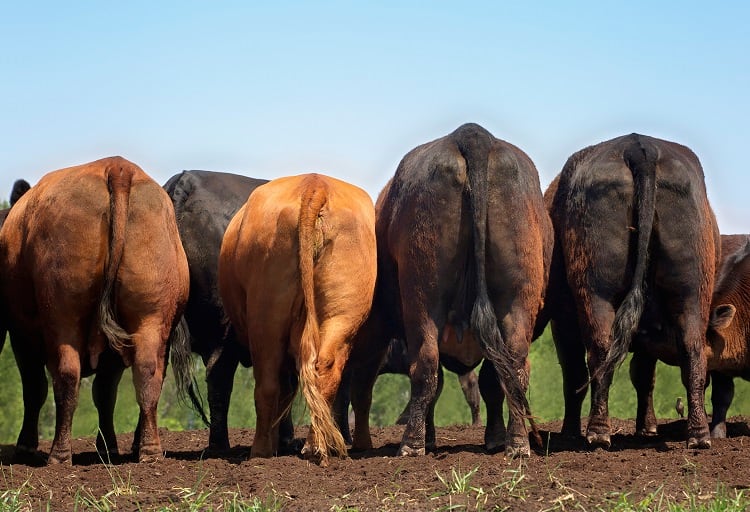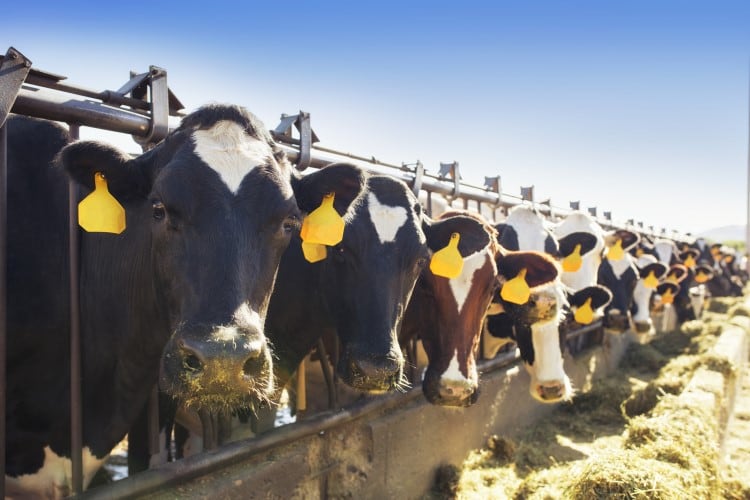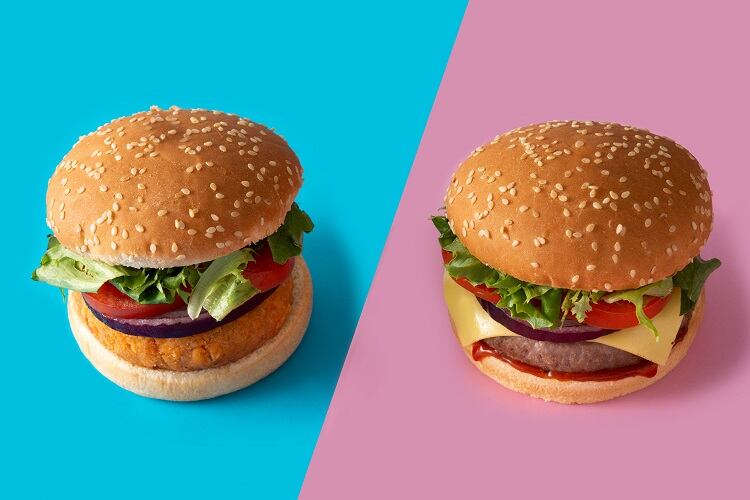The European Union is committed to climate neutrality by 2050, meaning it plans to achieve net zero greenhouse gas (GHG) emissions for Member States. To get there, the Commission has set an intermediary target to be reached by 2030: to cut net GHG emissions by at least 55%, compared to 1990 levels.
Now the Commission is wants to set another intermediary goal: a 90% net GHG emissions reduction by 2040.
But not only has the proposed reduction been criticised for being unrealistic (the EU may not even be on track to meet its 2030 target), concerns have been raised that the new goal takes the pressure off methane reduction in livestock, nitrogen emissions in soils, and dietary shifts amongst consumers.
How does the Commission plan to meet its new 2040 climate target?
From the Commission’s perspective, setting a 2040 climate target will help industry, investors, citizens and governments to make decisions this decade to keep the EU on track for its 2050 goal.
To achieve the proposed 2040 target, the Commission has laid out conditions that should be met, starting with an emissions reduction of at least 55% by 2030.
According to Climate Action Tracker (CAT), however, the EU is not yet on track to meet this objective. While the research group – which tracks climate action in 32 countries responsible for 80% of global emissions – described the Commission’s 2040 ambition as an ‘important step’, it believes ‘rapid implementation’ of policies and measures at Member State level is ‘crucial’ for it to become a reality.
“We would recommend at least a 62% reduction (excluding land use, land-use change and forestry) by 2030 domestically with significant international finance or a far deeper cut of 93% to make a fair contribution to the 1.5˚C limit.
“The CAT rates the EU’s 2030 target is insufficient against both metrics.”
Other conditions concern the decarbonisation of the energy and transport sectors. Food and agriculture are also mentioned (the agri-food system is responsible for a third of global GHG emissions), but critics fear these topics have taken a back seat.
Methane omitted from climate target text
“Agriculture can also play a vital role in the transition,” noted the Commission in communication on its 2040 climate target. “The sector is key to ensure food security in Europe and with effective policies that reward good practices and the appropriate support, it can also help drive emissions down and provide other vital services such as enhancing the capacity of soils and forests to store more carbon.”
What is not mentioned in the final text, however, is any mention of a 30% cut in non-CO2 emissions from agriculture (methane emissions from livestock and nitrogen emissions from soils).
The omission does not sit well with sustainability-focused Changing Markets Foundation, who said “the idea that the farming sector can somehow be excluded from cutting its pollution is wrong…”
Changing Markets believes there is a ‘compelling case’ to have an ambitious sub-target for agriculture. “The EU is in theory committed to the Global Methane Pledge, where it is supposed to cut its methane emissions by 30% already by 2030. They will not be able to achieve this without any targets or policies to support methane cuts.”
For some, the timing of the Commission’s announcement – and ‘watering down’ of its proposal –is not a coincidence. Across Europe, farmers have been protesting price pressures squeezing the industry.
“However hard the Commission tries to handle farmers with kid gloves, facts are stubborn things: our food and agriculture systems contribute a big chunk of the EU’s climate impact,” said Monique Goyens, director general, European Consumer Organisation (BEUC).
European farming organisations Copa and Cogeca take another position, welcoming the choice of dialogue and ‘pragmatic support finally retained by the European Commission’. “A dialogue between farmers has finally been chosen!” noted the farmer and agri-cooperative bodies.
Commission accused of ‘deliberately ignoring’ link between diet and GHG
As to food, recognition of the role of dietary shifts in reducing GHG emissions has also been dropped (although the role of the food industry in making healthy diets an easy and affordable choice for consumers was retained).
Critics are lamenting the omission, arguing that agriculture and food sectors have ‘great potential’ to enable dietary shifts.
“Consumers are willing to change the way they eat and play their part in the fight against climate change, provided sustainable, healthy food becomes more available and affordable,” said BEUC’s Goyens.
“Now the ball is in the court of the next European Commission, who will have to urgently dust off the overdue Sustainable Food Systems law and put it on the table. Such law much incentivise industry and retailers to better support consumers in the transition.”
For Dr Milka Sokolovic, director general of the European Public Health Alliance (EPHA) – which advocates for healthier and more plant-based diets – it is ‘beyond understanding’ that the Commission ‘deliberately ignored’ the link between dietary patterns and GHG emissions.
“If we want to be serious on the climate crises, EU policymakers must regulate food environments, and make our food choices healthy and sustainable by default.”




